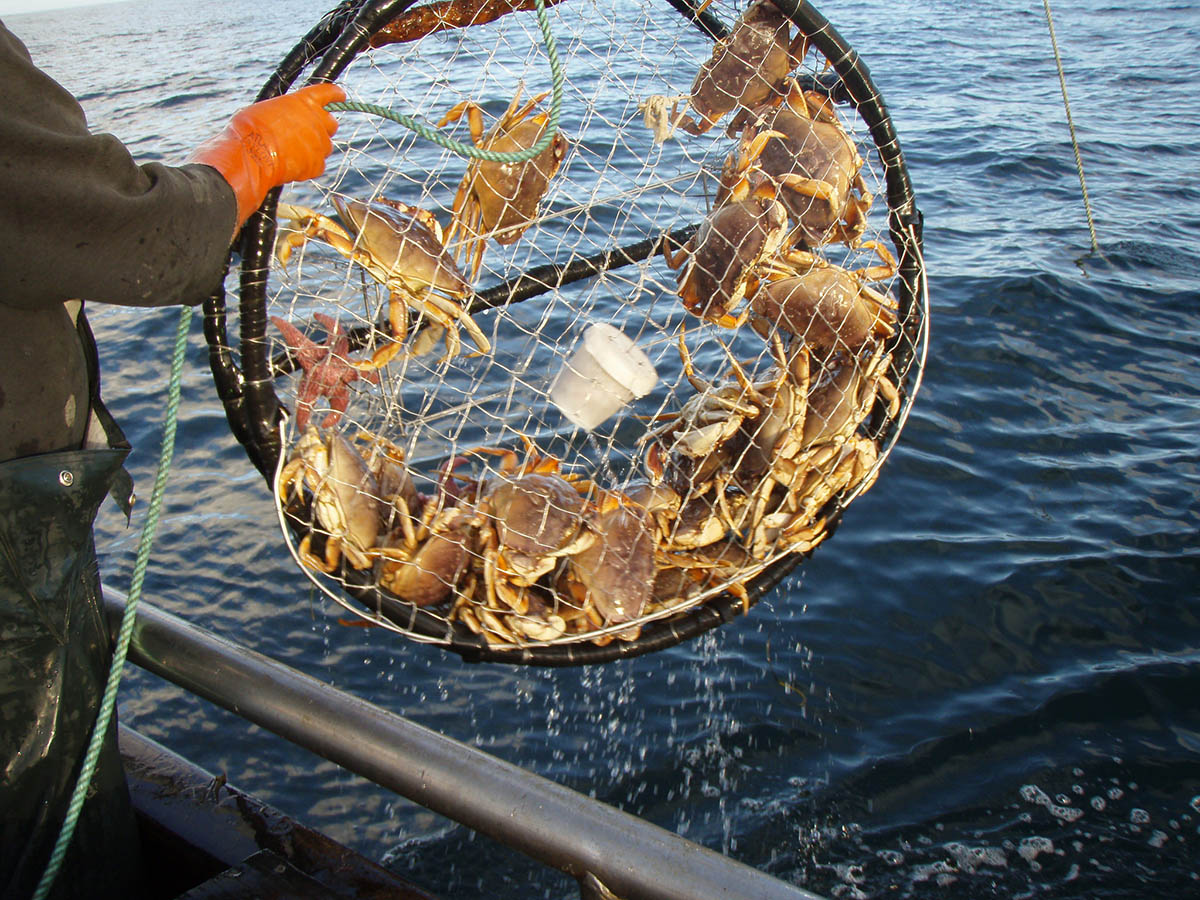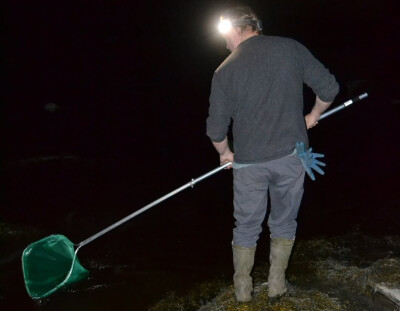The state of Alaska, known for its commitment to sustainable fisheries management, has a policy that fisheries allocations cannot be decided at the ballot box — meaning, they endeavor to let the experts decide.
Legislating fisheries by lawsuit is not that different. Surely, a federal judge should be an expert on the law. But they are not marine biologists; they are not community-based policy makers; they are not coastal economists. These are all the hats required of the Magnuson-Stevens Act’s National Standards. This is why federal fisheries policy is formed by councils and commissions after public input and approved by a federal agency — it requires a holistic perspective on the biomass, the working waterfront, the safety and efficiency of fishing gear and practices, and the best approaches to allocating access among all user groups.
Try to explain in a few sentences how federal fisheries are managed to someone who knows nothing about it. Anyone who has studied fishery science and policy will attest to its complexities. And those complexities change fishery by fishery and region by region — often within the same state.
I’m not necessarily advocating for a streamline of fisheries policy. It would be a lovely dream, but I fear the outcome would not work in any fleet’s favor. What I would like to see is any lawsuit attempting to change fishery policy through the backdoor of a federal bench be required to check off its adherence to every single National Standard under the Magnuson-Stevens Act — Optimum Yield, Scientific Information, Management Units, Allocations, Efficiency, Variations and Contingencies, Costs and Benefits, Communities, Bycatch, and Safety of Life at Sea. If you can show that your suit accounts for its effects on all of these factors (not just one or a handful) that federal managers are required to account for and does not sacrifice one for another, then carry on with your case.
Otherwise, anyone with enough money for a good lawyer can effectively cherry-pick the things they don’t like about a single policy. The result is that the fishermen who can muster the cash for their own lawyers must redirect funds and time to defending lawsuits instead of implementing innovations in gear, processing and products; and fishery managers are forced to twist and contort into impossible positions in order to try to please everyone (which I believe we all recognize is impossible).
As you can read in our news coverage of the Status of the Stocks, our federal management is superb and improving every year. The biggest deciding factor in whether or not a fishery is managed well should not be social pressure; it should be based in science. Money spent to halt a fishery would better serve the American public as an investment in better data, cooperative research and product innovation.
Without good data, we have no way of knowing what is happening in the ocean. Without good policy, we have no way of safely executing any fishery.







